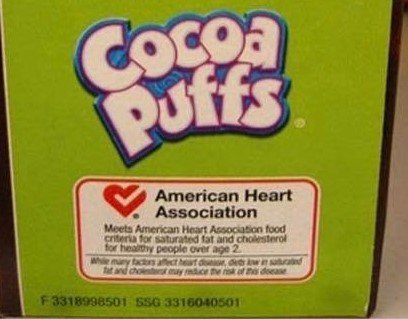carol43
Well-Known Member
Hope this is of interest. I am fed up to the back teeth of these scientific trials that are done by interested parties.
Posted on Facebook by
David Ludwig, M.D., PhD
http://onlinelibrary.wiley.com/doi/10.1111/1750-3841.13754/abstract
Posted on Facebook by
David Ludwig, M.D., PhD
http://onlinelibrary.wiley.com/doi/10.1111/1750-3841.13754/abstract

